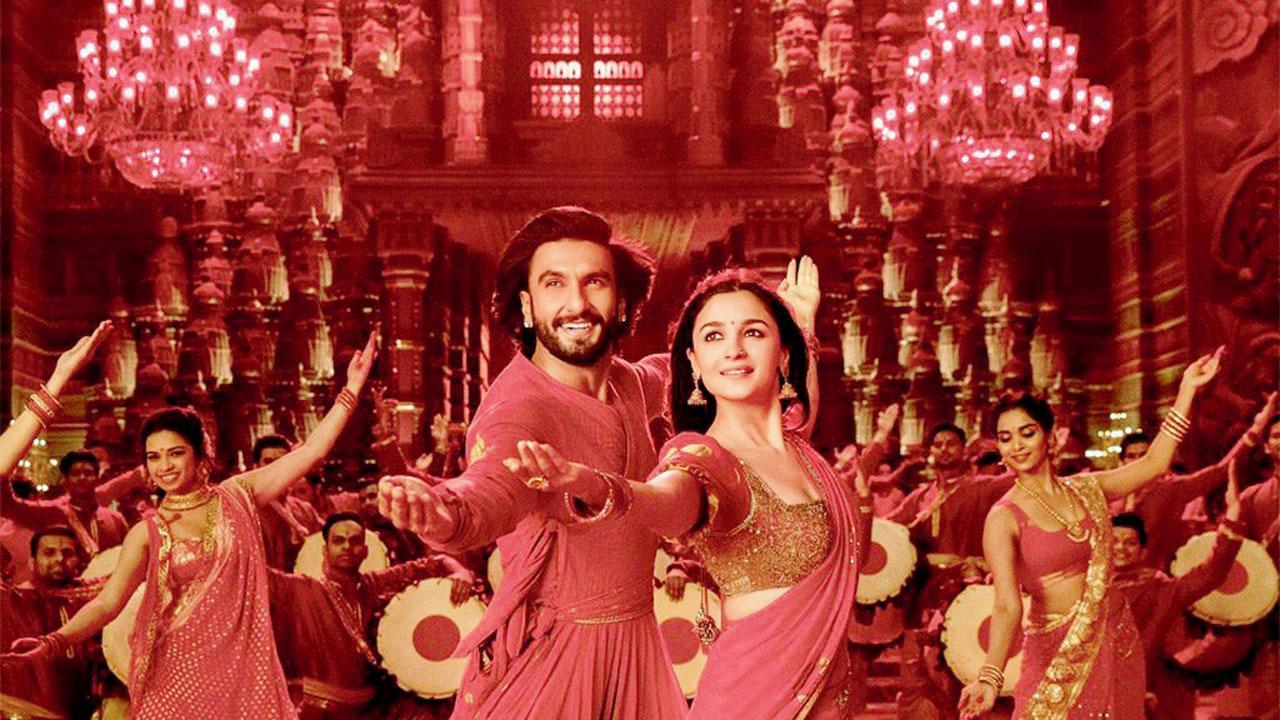With Ranveer’s faltering English becoming one of Rocky Aur Rani’s highlights, writer Ishita says the team wanted to showcase his ‘Punjabiness’ through his dialogues

Ranveer Singh and Alia Bhatt
It’s almost impossible to not have a smile on your face every time you see Rocky Randhawa on screen in Rocky Aur Rani Kii Prem Kahaani (RARKPK). After playing Bittoo Sharma to perfection in his debut film Band Baaja Baaraat (2010), Ranveer Singh has reinvented the Delhi boy with Karan Johar’s directorial offering. The Rocky we get is a protein-shake swigging gym rat, who is a simpleton underneath his flashy clothes.
Writer Ishita Moitra, who co-wrote the family dramedy with Sumit Roy and Shashank Khaitan, says it was a joy to create Rocky. One of his most endearing traits is his faltering English. What he lacks in fluency, he makes up for in confidence. “The idea was to keep his Punjabiness alive. We had to keep in mind that his first language is not English. So, when he says, ‘Where where you, there there he’, he means ‘Jahan jahan tum, wahan wahan woh,’” she explains.

Ishita Moitra, writer
The film—also starring Alia Bhatt, Dharmendra, Jaya Bachchan and Shabana Azmi—began with Johar’s desire to tell a story about two estranged lovers whose grandchildren fall in love. At the same time, he wanted a family drama to be woven in. Moitra praises Singh, who brought his own zeal to Rocky. “Ranveer has put his heart and soul into the scene where he talks about cancel culture. After a point, it felt like Rocky is an extension of him,” she says, recalling how the actor would improvise. “My favourite is when he started calling Somen [Namit Das’s character] Sonam or Shobha.”
RARKPK is also being widely praised for packing progressive messaging in an entertaining way. Moitra was keen that the film subverts gender and cultural stereotypes, even if that meant flipping the tropes of Johar’s previous films. “Karan gave us a free hand. So, we spoke about patriarchal notions and gender norms. Cancel culture was something I was passionate about. But if we don’t speak in a language understood by all, how will we communicate our ideas to people? I love Kabhi Khushi Kabhie Gham [2001], but with Rocky Rani, it’s all about standing up to your family.”
The conflict in the movie began with the question about where the couple would live after marriage. We pose the same question to Moitra, who says, “They will live in a separate apartment in Delhi, not with their respective families.”
 Subscribe today by clicking the link and stay updated with the latest news!" Click here!
Subscribe today by clicking the link and stay updated with the latest news!" Click here!










